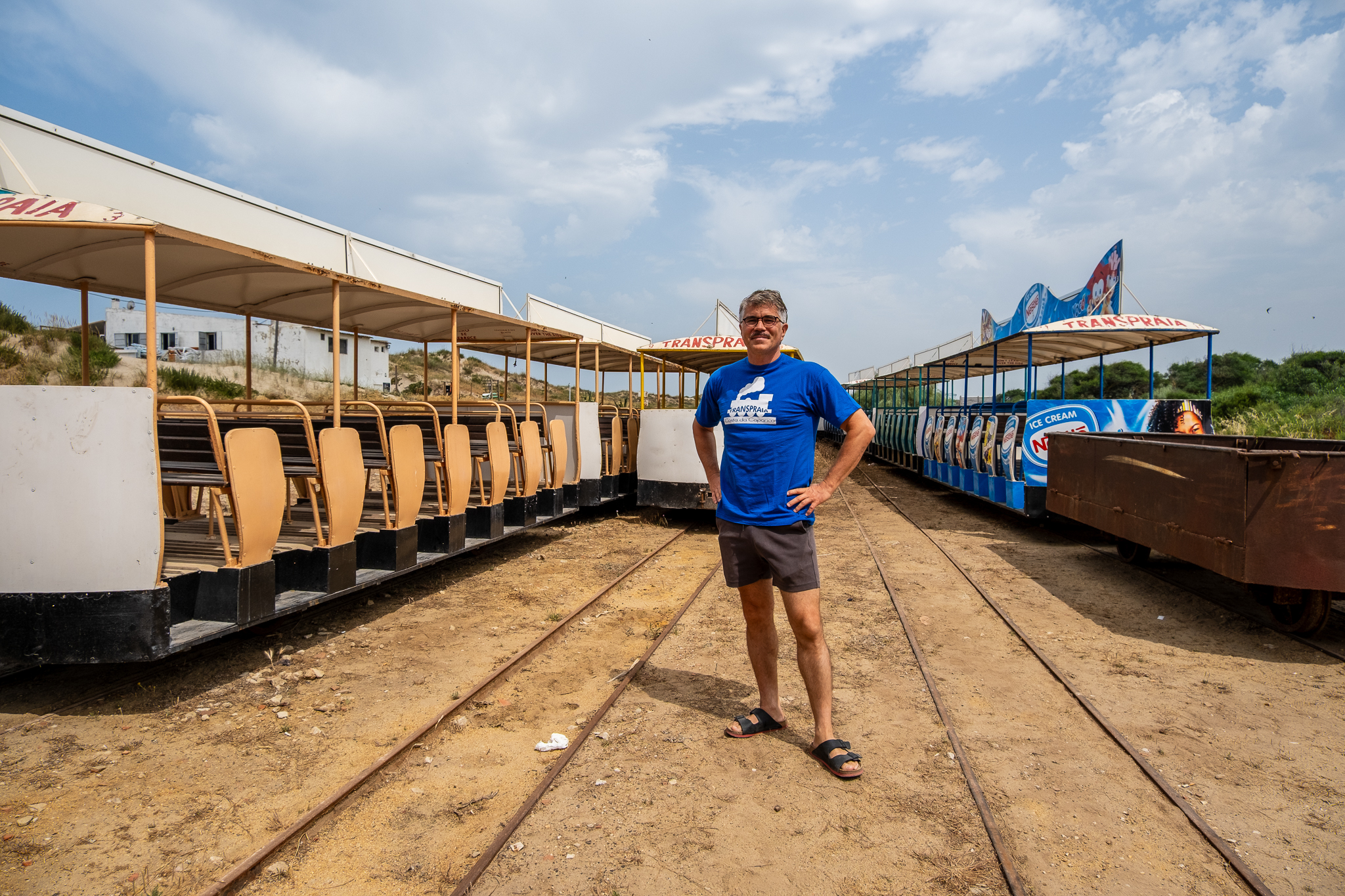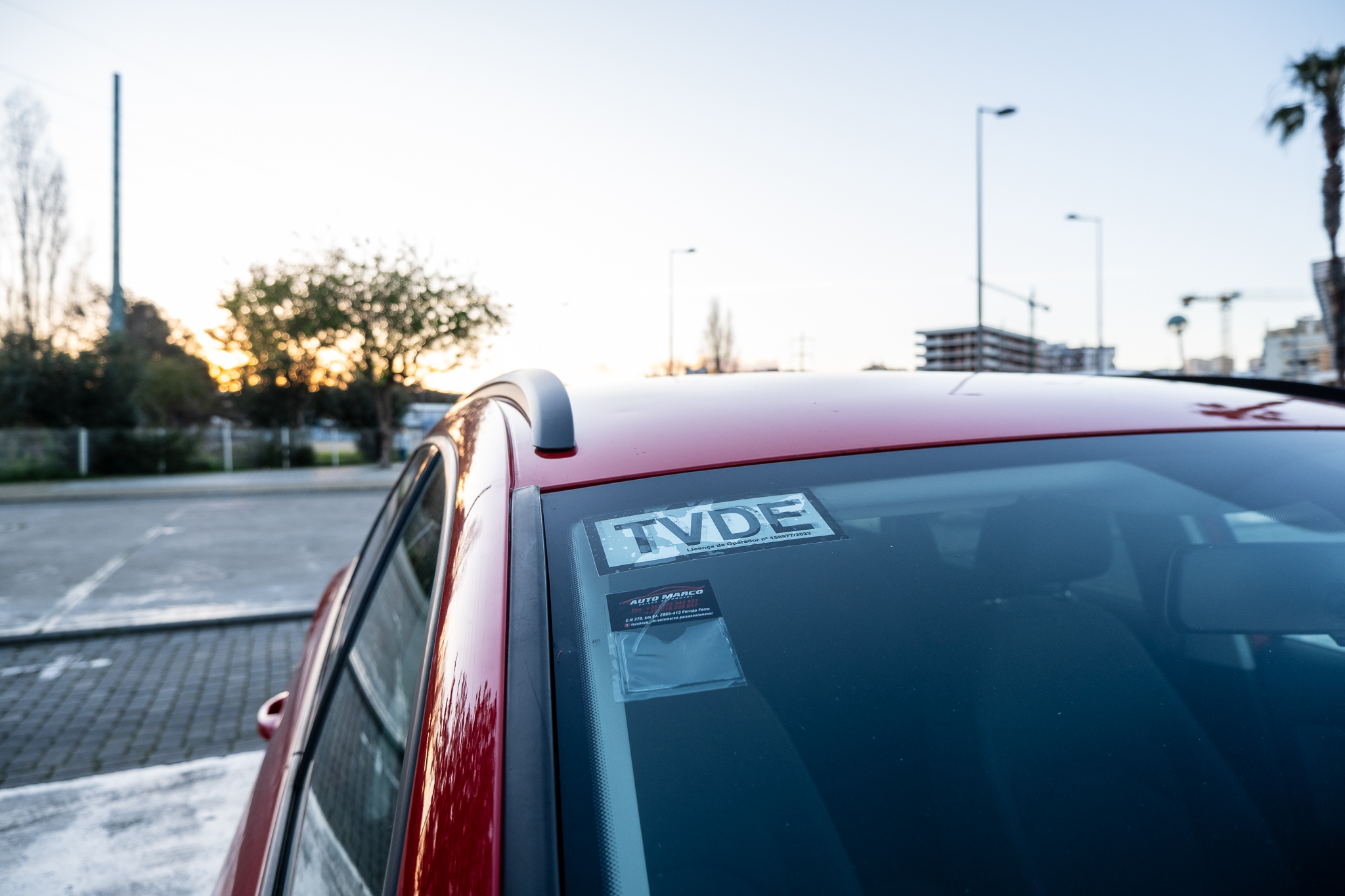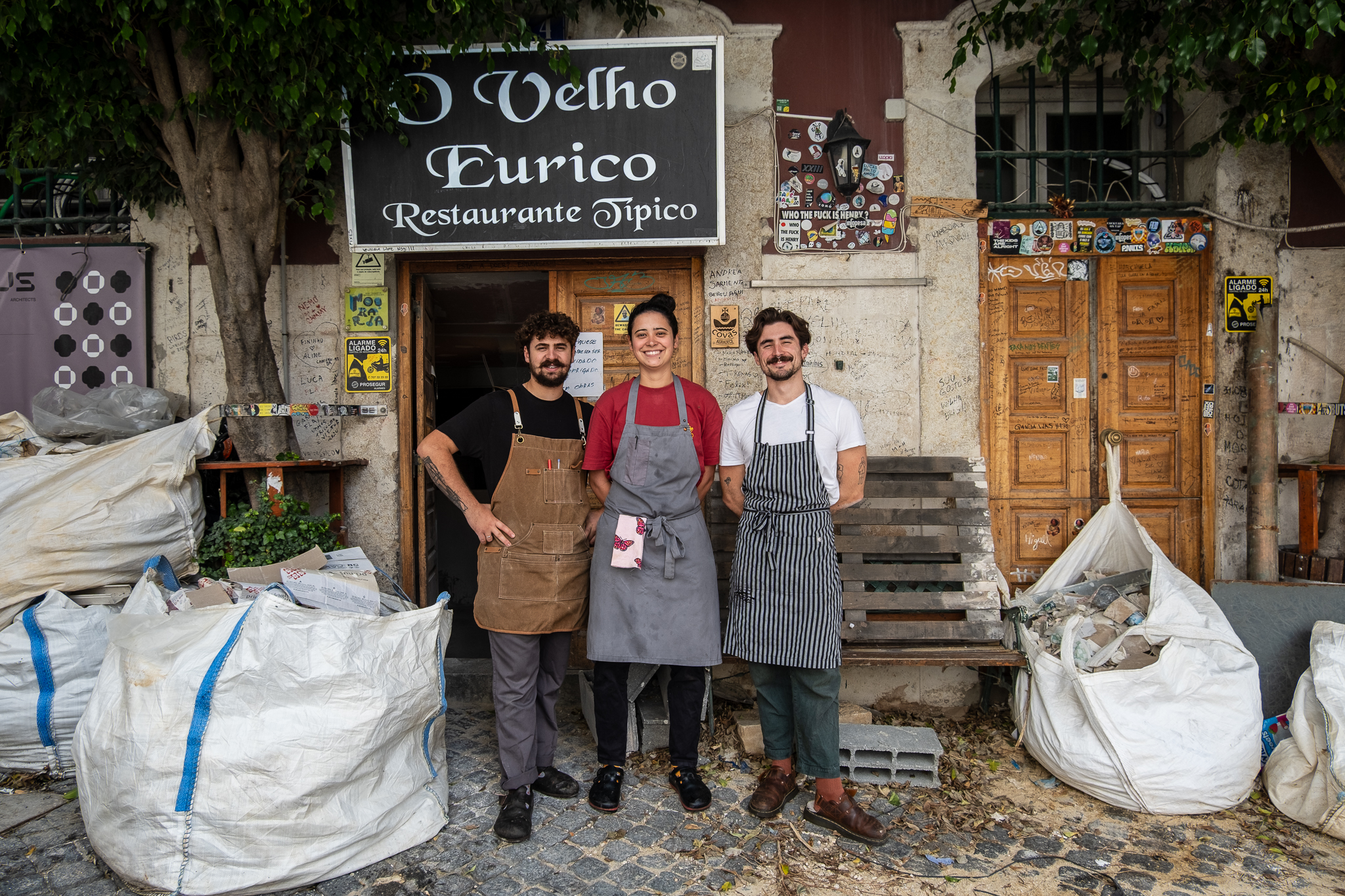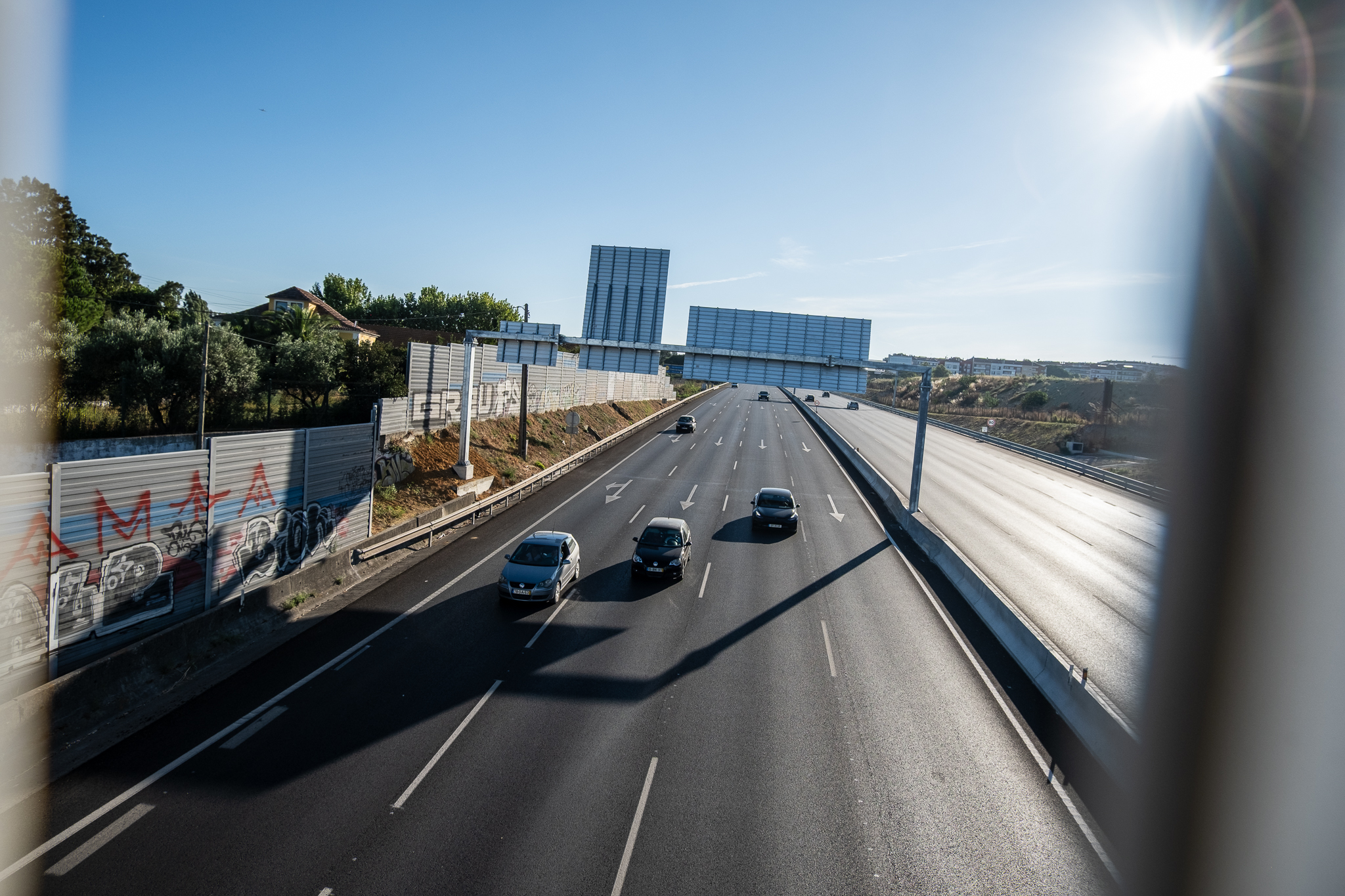The parish councils of Alcântara and Campo de Ourique, together with various associations and organizations working in Avenida de Ceuta and Vale de Alcântara, express their concern about an increase in drug use in the area. They are calling not only for an immediate solution to some parts of the problem, but also for a long-term strategy to be drawn up, involving all the entities and bodies in the public sector.
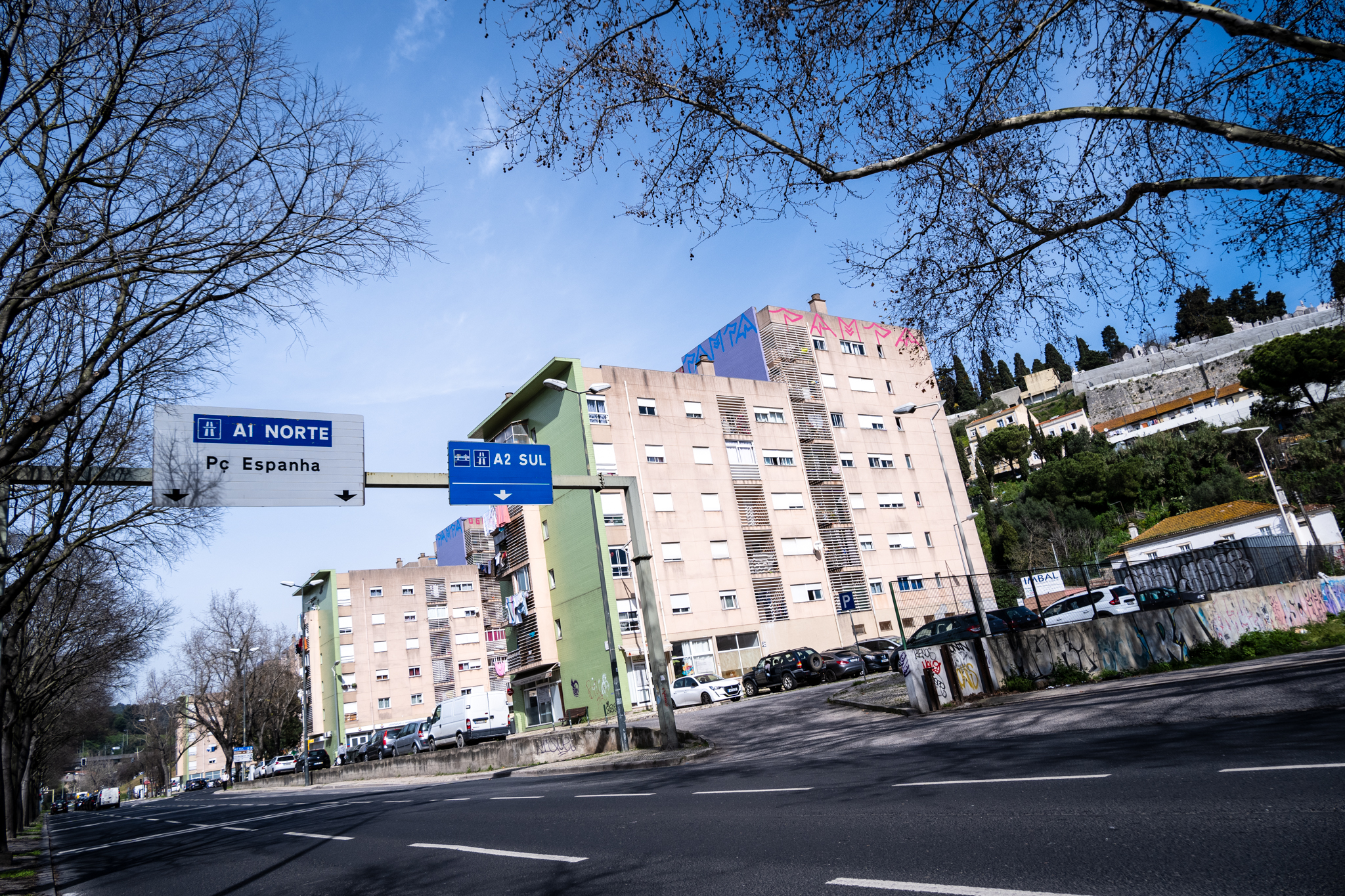
At open letter, addressed to the Mayor of Lisbon but also to the government, the Presidents of the parish councils of Alcântara and Campo de Ourique join several associations and entities operating on Avenida de Ceuta to ask actions in response to what they describe as a "an increase in the number of people consuming psychoactive substances in the open and in poor health and hygiene conditions".
David Amado, Pedro Costa and the other signatories are concerned about the accumulation of syringes and other disposable materials "associated with the consumption of psychoactive substances, putting public health at risk, both for the users of psychoactive substances themselves and for all the people who carry out their daily lives in these spaces (residents, students, workers, passers-by)". In the open letter, the described increase in drug use in the Alcântara Valley is justified by the pandemic period and the "housing economic and financial crisis" of the last three years, associated with a "lack of public and innovative investment in the field of addictions" by the municipality and central government bodies.
"At the same time, there is a increase in the number of homeless peopleto stay overnight throughout the parishes of Alcântara and Campo de Ourique"the signatories add, noting that this whole situation "has led to an adverse social reaction, with many residents reporting the level of fear and perception of insecurity felt on the street and inside their homes.
buildings and elevators"in particular in the Quinta do Loureiro and Quinta da Cabrinha neighborhoods.
16 proposed measures
The open letter proposes 16 measures to resolve the situations describedThese include urgently reinforcing the resources and funding of the various responses that deal with the problem of psychoactive substance use, namely street teams, treatment teams and supervised consumption programs, so that they can increase the quantity and quality of the response given to the problem. They can reinforce security in the area in terms of preventing and dissuading criminal phenomena associated with drug trafficking, but also in terms of "acquisitive crime"as well as the "diversification and expansion of supervised consumption programs in the city of Lisbon"by increasing the number of consumption rooms.
Among the suggestions are also measures to reinforce urban hygiene and public health; rethinking public space, with solutions that eliminate the urban barriers that currently isolate these neighborhoods; extending the pilot project of the Syringe Exchange Program to other locations in the Vale de Alcântara area; the creation of a structured program for the prevention of risk behaviors associated with the consumption of psychoactive substances, on a regular and continuous basis, aimed at children and young people in the area; the promotion of access to individual housing responses, as well as the creation of emergency accommodation in the western part of the city, whose admission criteria and characteristics are adapted to the profile of users contacted in the consumption spaces. The open letter, which can be consulted at the end of the article, also talks about reducing bureaucracy in the access processes to Treatment Teams, Withdrawal Units and Therapeutic Communities, namely through the creation of a weekly reception day free of appointment and also access to the Emergency Unit for people in a homeless situation, regardless of their tax address and documentary status; or the creation of local community mental health teams in conjunction with the existing Street Teams.
"In short, the current situation is a problem for the city and the country, with social, economic and health implications. In addition to the immediate resolution of some dimensions of the problem, it is necessary to define an integrated long-term strategy, involving all the entities and bodies of the public sector with intervention in the various areas of action, aimed at improving the quality of life of those who live, visit, study or work in the territory covered by Avenida de Ceuta e Vale de Alcântara." The document was addressed to Mayor of LisbonCarlos Moedas, on Minister of Internal AffairsJosé Luís Carneiro, the PSP, the President of the Institute for Addictive Behaviors and Dependencies (ICAD)João Goulão, to the head of Social Security InstituteAna Vasques, and President of the Agency for Integration, Migration and Asylum, Luís Goes Pinheiro.
Municipal clean-up actions
After the publication of this letter, at the end of January, the Lisbon City Council carried out cleaning actions on Avenida de Ceuta, which has left the angry drug dealers and the worried residentsas Público and DN newspapers report. "We're talking about urban hygiene, cleaning and collection of consumer waste, deforestation and cleaning of forested or landscaped areas, requalification of public spaces, staircases, replacement of light bulbs, placement of lighting, repair of lamps and miscellaneous street repairs"described the municipality to Público. The municipality added to DN: "We haven't woken up to this problem in the last month and for over a year and a half we've been carrying out frequent interventions on the ground in Quinta do Loureiro. This work involves the community and we will continue to provide the necessary responses that fall within CML's limited remit."







